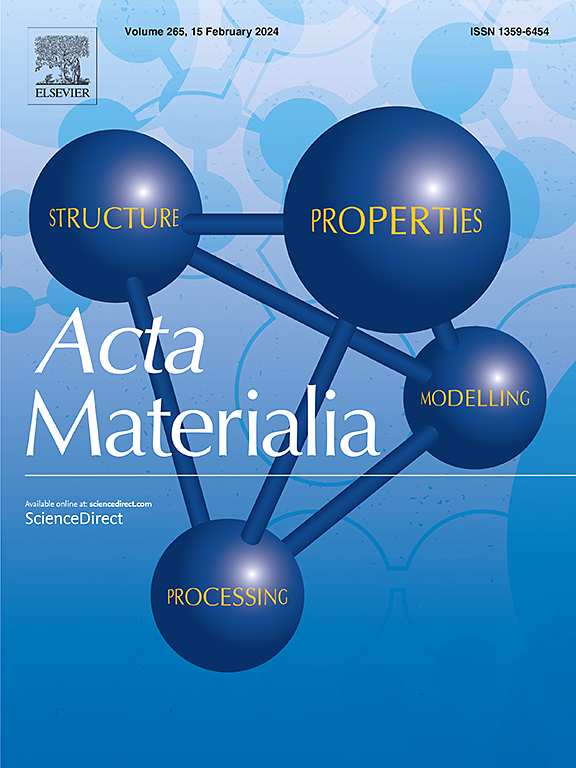Modeling the viscosity and infiltration kinetics of silicate melt -thermal barrier coating systems based on deep-learning and experimental approach
IF 8.3
1区 材料科学
Q1 MATERIALS SCIENCE, MULTIDISCIPLINARY
引用次数: 0
Abstract
Spallation degradation of thermal barrier coatings (TBCs) caused by the infiltration of silicate melts (SMs) deteriorates the safety of aviation turbines. The SMs viscosities, which determine infiltration speed and thus the degradation of TBC, are highly dependent on SMs compositions and temperature gradients within the coatings. In this study, we developed machine learning (ML) models to accurately predict the viscosity of SMs. The training dataset comprised 7188 collected experimental data and 60,000 high-quality synthetic data generated by CTGAN. Our predictors achieved superior accuracy (R2 > 0.97) compared to previous models. Using these models and extensive datasets, we analyzed the differences between natural silicates and the synthetic silicate melt analogs named CMAS and explored the impact of composition on viscosity through interpretability techniques and first-principles calculations. Furthermore, series of infiltration experiments were conducted to quantitatively evaluate the effects of viscosity and temperature gradients on SMs infiltration kinetics in TBCs. The complete data-stream from silicate composition to infiltration kinetics was modeled in this work.


基于深度学习和实验方法的硅酸盐熔体-热障涂层系统粘度和渗透动力学建模
硅酸盐熔体(SMs)的渗入导致隔热涂层(TBCs)的剥落降解,从而降低了航空涡轮机的安全性。硅酸盐熔体的粘度决定了渗入速度,进而影响热障涂层的降解,而硅酸盐熔体的粘度又与硅酸盐熔体的成分和涂层内的温度梯度密切相关。在这项研究中,我们开发了机器学习(ML)模型来准确预测 SMs 的粘度。训练数据集包括 7188 个收集的实验数据和由 CTGAN 生成的 60,000 个高质量合成数据。与之前的模型相比,我们的预测器达到了更高的准确度(R2 > 0.97)。利用这些模型和广泛的数据集,我们分析了天然硅酸盐和名为 CMAS 的合成硅酸盐熔体类似物之间的差异,并通过可解释性技术和第一原理计算探讨了成分对粘度的影响。此外,还进行了一系列渗透实验,以定量评估粘度和温度梯度对 TBC 中 SMs 渗透动力学的影响。这项研究建立了从硅酸盐成分到渗透动力学的完整数据流模型。
本文章由计算机程序翻译,如有差异,请以英文原文为准。
求助全文
约1分钟内获得全文
求助全文
来源期刊

Acta Materialia
工程技术-材料科学:综合
CiteScore
16.10
自引率
8.50%
发文量
801
审稿时长
53 days
期刊介绍:
Acta Materialia serves as a platform for publishing full-length, original papers and commissioned overviews that contribute to a profound understanding of the correlation between the processing, structure, and properties of inorganic materials. The journal seeks papers with high impact potential or those that significantly propel the field forward. The scope includes the atomic and molecular arrangements, chemical and electronic structures, and microstructure of materials, focusing on their mechanical or functional behavior across all length scales, including nanostructures.
 求助内容:
求助内容: 应助结果提醒方式:
应助结果提醒方式:


